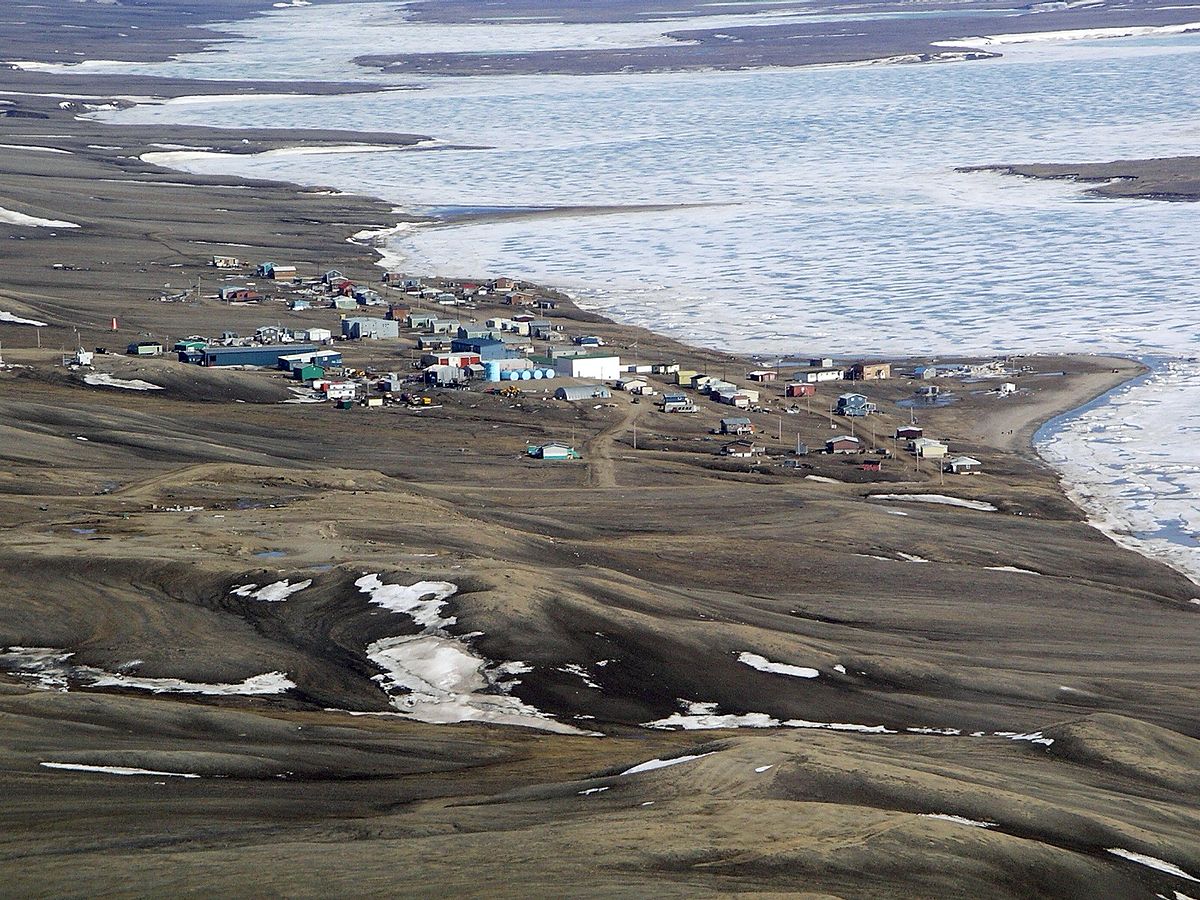
Reid Lidow's article argues for greater inclusiveness and cooperation in the Arctic.
Governing regimes and indigenous groups in the Arctic should work to rise above regional divisions and build a vibrant identity of inclusiveness and cooperation, a Gates Cambridge Alumnus argues in a new book.
Reid Lidow [2014], who did an MPhil in Development Studies and specialises in development economics, has written a chapter in the Arctic Yearbook 2015.
In it he argues for an “Arctic Way” vision which can live up to the promise the region holds and "capture the spirit and hope – in a word momentum – that has so recently come to define the Arctic".
Lidow says that within the space of three decades, the Arctic Council, states, indigenous groups, and members of the community have created a robust governing structure. However, he argues that there has been "an aversion" to creating parallel and synergistic governing structures in the region that will allow it to further develop.
Instead, loose cooperative arrangements between states, and a series of non-binding governing agreements, have been the norm.
He suggests Arctic governance lessons can be found by looking at the experience of the Association of Southeast Asian Nations (ASEAN) and identifies policy prescriptions that he says will help to reinforce existing structures and expand regional capabilities.
Ultimately, Lidow says there can be "no silver bullet for the present lack of a cohesive Arctic vision". He calls on governing regimes and indigenous groups in the Circumpolar North to adopt a doctrine of non-interference in member states' foreign affairs and deepen regional defence cooperation. With regard to the latter, Lidow identifies joint military exercises and the exchange of intelligence across state lines within ASEAN which have deepened cooperation and secured the region. He says: "These lessons, and others, hold promise for the Arctic."
Lidow has recently joined the project team at The International Commission on Financing Global Education Opportunity. This is a yearlong Commission seeking to shift the debate on financing global education and will culminate in a report to be presented at the UN General Assembly in 2016. The Commission is backed by 20 world leaders and chaired by the UN Special Envoy for Global Education, Gordon Brown.
*Picture credit: "Sachs Harbour" by Timkal – Own work. Licensed under CC BY-SA 3.0 via Wikimedia Commons.












